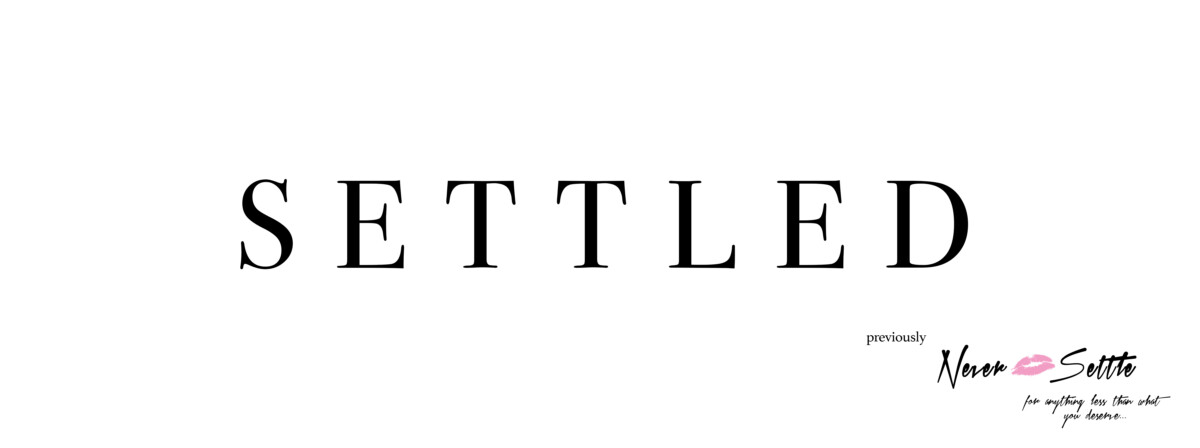First dates can be nerve-wracking and scary, especially if you’re new to the dating game. However it’s made worse by the awkwardness-inducing point after the meal, where you look at each other as the waiter brings the bill.
It can be like a stand-off, who pays? Do you go Dutch or do you let them pay?
The rules of dating in the 21st Century are a little all over the place. In a world where casual dating consisting of ghosting, benching, breadcrumbing, non-committing and ‘Netflix and chill’, do you stick to traditional rules, or should we take a modern view on things? Do you go Dutch?
Instead of just having fun and enjoying each other’s company, you end up being preoccupied with obeying the dating rules.
[Read: 25 Great First Date Ideas Which Will Guarantee You A Second]Here’s why you should go Dutch on a first date, and how to do it (without making it awkward).
What is going Dutch? Well, it’s simply, you pay for your own purchases, food, drink etc. Sometimes it’s easier just to split the bill straight. Either way, it is dividing the cost of the activity between the two of you, rather than just one person paying.
It makes sense
You’re on a first date, and you may not really know the person… at all. You wouldn’t ask someone else to pay for your shopping, or your clothes, or your personal purchases, so why would you expect a stranger to pay for your food?
It’s the 21st Century, and we’re finally getting somewhere in terms of gender equality. If you’ve been together a while and your partner would like to treat you to dinner, not a problem. But as a first date, having the emphasis on one person paying for the entire cost doesn’t really seem fair.
Both paying equally means you’re on an even playing field. No one is in a position of power over the other.
[Read: Dating Goals: How To Find The One]It alleviates the awkwardness
The most awkward part of a first date, is the waiting for the dreaded slip of paper to make it’s way to your table.
It’s uncomfortable and causes anxiety, when all you should be thinking about is getting to know this new person.
Knowing you’re splitting, will mean you can relax and order what you want – rather than trying to order the cheapest thing, just in case. You can be yourself rather than what you’re ‘supposed’ to choose.
You feel like you owe them something
The problem with letting someone else pay, is that you inherently feel like you owe them something.
If, then, you don’t want to see them again – you feel super guilty. But going Dutch means it won’t matter if you think their not right for you, you won’t feel bad for them paying.
Removing the issue means there’s no expectations for trying to take things further.
[Read: The Biggest Dating Mistake: The Checklist]How to go Dutch without being awkward
Going Dutch can be hard for both sexes to suggest – if men suggest, they’re at risk of breaking traditional rules. If women suggest, the men may take it as an insult.
So don’t make it a big deal, just casually mention that you’d like to go halves and leave it at that. If they protest, simply say you’d prefer it that way.
If they insist, and don’t seem to be showing any signs of backing down, then it’s not worth making it awkward. Repeat a few times, and if it’s not getting you anywhere – just let them pay.
The number 1 thing to remember, however, is don’t presume they’ll pay. Don’t sit there and wait for them to pay without even reaching for your purse. And they shouldn’t presume you pay either. You both should at least endeavour to offer.
If you want to go Dutch, then do it. First dates should be about having fun and learning about this new person. Follow these tips, and you’ll be grand!
[Read: How To Flirt: Tips and Tricks]
[bloglovin_button]


